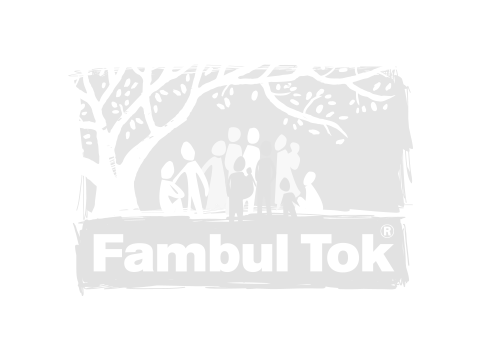[This blog is a re-post of the blog Sara wrote for the On Screen/In Person tour, organized by Mid-Atlantic Center for the Arts. Fambul Tok is a featured film on that tour, and Sara’s been traveling the mid-Atlantic region for screenings and some lively conversations.]
 March 9, Maryland Hall for the Creative Arts, Annapolis, MD
March 9, Maryland Hall for the Creative Arts, Annapolis, MD
Kony 2012 didn’t really come up tonight – no one in the small, but engaged, audience had encountered the viral phenomenon, and its counter conversation. But I couldn’t help reflecting on it once again, as I have continually for the past few days, and what it says about how we tell stories and engage with them in a culture that is increasingly driven by multi-tasking, texting, 140-character bites of information.
Kony 2012, to my sense – and to others who’ve been critiquing the campaign – makes it all too simple: here’s a bad man, hurting poor Africans, and if we in the West can stop him, the world will be a better place. And buying a bracelet, and making Kony as famous as George Clooney, is going to be a big part of making us all feel better about doing something important to make the world a better place.
Now, I’m oversimplifying in some ways here, too. But that’s pretty much the gist of the campaign. It doesn’t engage in, or encourage, a discussion of the complex realities of the situation; of who the “bad guys” are, or even of who the “good guys” are (the assumption is that we in the West are the good guys); it most certainly does not reflect the thoughts or desires of Africans, who don’t even get to speak for themselves (except for the one formerly abducted child soldier whose story features in the film).
But I love the dialogue that’s been launched by this campaign, and I do hope that a generation of young people will become more aware of the world we live in, and more committed to being a partner in finding solutions to the challenges that face us all. But that requires deeper thinking than what the Kony 2012 campaign is asking of us, and I’m not sure how we encourage that kind of journey. I’m concerned by the rush of information in the world today – and the oversimplification of critically important issues into tweets and “likes.” We have got to give much more of ourselves to understanding complex issues, and learning how to deal with them in ways that may push us out of our comfort zone, causing us to critique our own assumptions and perhaps even to adopt new frameworks for understanding how we engage with the world.
Which brings me to Fambul Tok. What I love about sharing this documentary is that it never, ever leaves an audience without a host of questions. Post-screening conversations go on for a half hour to an hour or more. Based on the 82 minutes they’ve just spent watching a film that allows Africans to speak for themselves – that explores cultural solutions to justice and reconciliation that fly in the face of Western norms – audience members find themselves grappling with all kinds of questions: How is this kind of forgiveness possible? What is the role of community in supporting this kind of reconciliation? Is it possible for us to do something similar in the West? Do we have something to learn from Sierra Leone, and Africa? Is the West really getting it right with its overarching priority on prosecution and punishment? What role does apology and forgiveness have in our own lives?
None of these questions – and the soul-searching, transformative wrestlings required to begin to come up with answers – are the stuff of viral campaigns. But I do believe they spark the kind of thinking that will lead us to become more constructively engaged in the world, and will help us learn how to be better partners in the process.
Fambul Tok 2012? Now that would be interesting!

